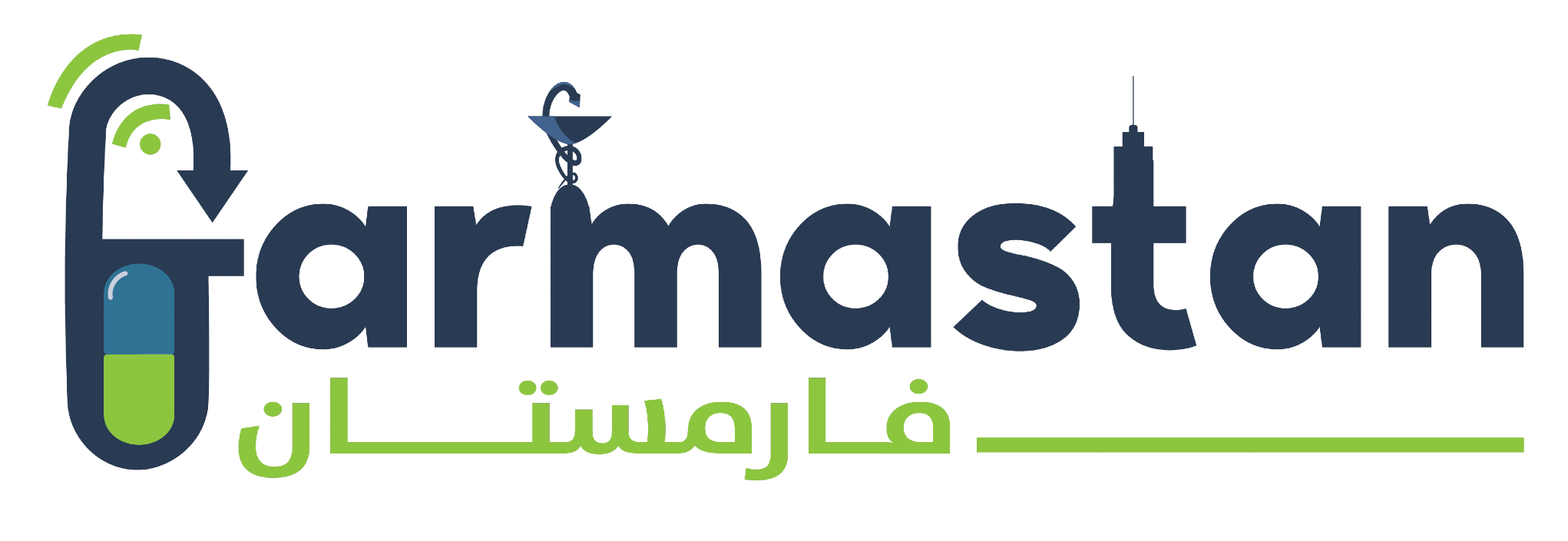Onboarding Your New Software Testing Company
[ad_1]
Bringing on a new QA partner is just like bringing on a new employee: in order for them to do their very best work, they need to know everything they can about the company, the product, the culture, and the existing workflow processes. Though partners that have been in the industry for a while will know the ropes and can get up to speed quickly, you should still be prepared to share knowledge, documentation, and other learnings about your product and any existing testing infrastructure.
Here’s a quick guide that will help you successfully onboard your new software testing company:
Provide clear requirements
Your QA partner needs clear, actionable project requirements before they take any action related to testing. Project requirements help engineers formulate a thorough and effective test plan, so you’ll need to specify the type of testing required (in detail), your technical requirements (environment, language, platforms, etc.), and any caveats that you feel the team needs to know.
Just as important as the initial requirements is your availability at this early stage in onboarding. Make sure you are around to answer any clarifying questions your engineers have about the requirements list.
Transfer the right knowledge
If your software testing company is staffed with plenty of domain experts, skip this step. But if not, you’ll need to make sure that you pass on plenty of knowledge about your product and its place within the market — especially if you work within the financial, healthcare, or retail space, where huge amounts of sensitive user data consistently pass through your product. Domain experts will have a good feel for the nuances of your product based on years of previous experience, and they’ll uncover weak spots that are easily missed by dev teams and those QA engineers who may be totally competent, but just not as experienced in the domain.
The other benefit of contracting with a company rich in domain expertise is improved communication. Experienced QA engineers will be able to relay bugs to stakeholders using the correct terminology, and explain how the issue affects other processes within your product: what it breaks, and how it can be fixed.
Establish communication protocols
Many companies still shy away from outsourced QA because of the distance between the stakeholders and onsite dev team, and the engineers that are testing their product. But thanks to major advances in communication technology, outsourcing is a totally viable option. They may not be located down the hall, but with the right protocols in place, it will feel like they are.
First, decide what kind of communication schedule you want to enact. Do you value daily status meetings over the phone, or will an email suffice? Do you need weekly progress reports, so that you can report the latest to the CEO? Will you need a comprehensive retrospective meeting to review what’s worked and what hasn’t? Your software testing company will be able to structure itself around your schedule, and can connect with you via video/phone chat, instant messaging platform, or email — whichever you prefer.
The added bonus of outsourced QA is that the time difference works in your favor. Your code is tested at night, and you can hear or read all of the reporting when you come back into the office in the morning.
Still searching for the right one?
There are tried and true markers of success for offshore QA providers. Ensure that your prospective partner offers a majority of these:
– Hybrid offshore/onsite model
– High client and engineer retention
– Continuous training on the latest testing methodologies and tools
– Flexible scalability of resources — they’re ready to ramp-up when you are!
– Rich experience across different domains
– Experience with implementing and designing automation frameworks
As you can see, there’s a fair amount of preparation that goes into onboarding your new testing partner. Be sure that you are vigilant at the start of the relationship, as it will set the tone going forward. The more prepared and confident your QA engineers are, the better your results will be — and the more powerful and robust your product will be!

Leave a Reply
You must be logged in to post a comment.